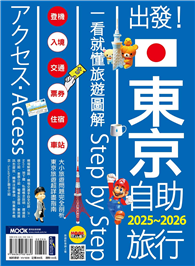Women have long played an important role in economic activities, particularly in rural areas and in income-generating activities (IGAs). For them, this is essential support, enabling them to meet the needs of their families, achieve financial independence and often contribute to their emancipation. Research on this issue has shown that 70% of the world’s poor are women (50th CSW session, United Nations, 2006). This is largely due to the fact that women have long been disadvantaged in terms of access to credit and other financial services. As such, microfinance has the potential to make a significant contribution to the fight against poverty, by providing poor people who do not have access to traditional banks (the majority of whom are women) with sustainable financial services capable of supporting their economic activities. With this in mind, a study was carried out in Rwanda to analyse the contribution of microfinance to gender equality and to promoting sustainable livelihoods and better working conditions for women.
| FindBook |
|
有 1 項符合
harelimana的圖書 |
 |
$ 2695 | Gender and Microfinance in Rwanda
作者:Harelimana 出版社:Our Knowledge Publishing 出版日期:2024-02-07 語言:英文 規格:平裝 / 56頁 / 22.86 x 15.24 x 0.33 cm / 普通級/ 初版  看圖書介紹 看圖書介紹
|
|
|
圖書介紹 - 資料來源:博客來 評分:
圖書名稱:Gender and Microfinance in Rwanda
|










